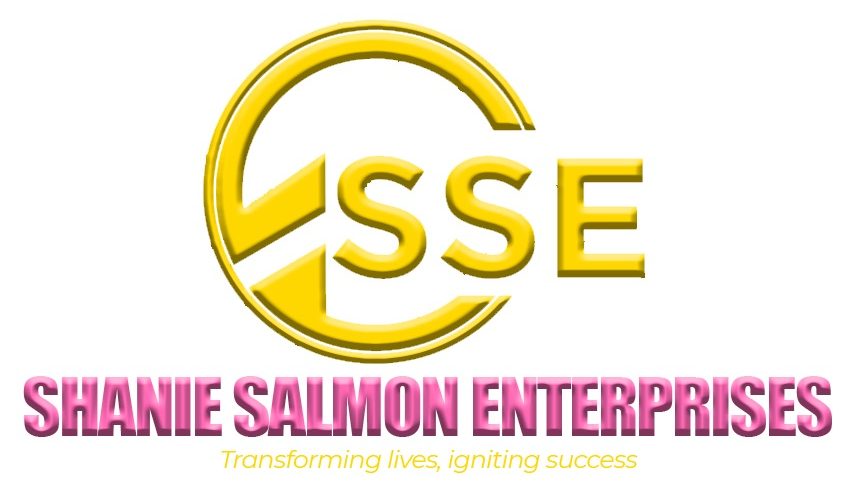In the dynamic and often demanding world of non-profit leadership, stress can become a common companion. Balancing the pursuit of a noble cause with the pressures of fundraising, managing teams, and navigating ever-changing landscapes can take its toll. However, understanding how to effectively manage workplace stress is essential not only for personal well-being but also for sustaining long-term success in driving positive change. In this blog post, we’ll explore practical strategies and techniques to help non-profit leaders navigate the challenges of workplace stress and thrive in their roles.
- Recognize the Signs of Stress: The first step in managing workplace stress is to recognize its signs and symptoms. These can manifest in various ways, including physical symptoms such as headaches, fatigue, and sleep disturbances, as well as emotional indicators like irritability, anxiety, and feeling overwhelmed. By being aware of these signs, non-profit leaders can intervene early and take proactive steps to address stress before it escalates.
- Prioritize Self-Care: Non-profit leaders often prioritize the well-being of others at the expense of their own. However, self-care is essential for maintaining resilience and effectiveness in leadership roles. Make time for activities that recharge your batteries, whether it’s exercise, meditation, hobbies, or spending time with loved ones. Set boundaries around work hours and learn to say no when necessary to avoid burnout.
- Practice Mindfulness and Stress Reduction Techniques: Mindfulness practices, such as meditation and deep breathing exercises, can be powerful tools for managing stress. Incorporate these techniques into your daily routine to cultivate a sense of calm and perspective, even amid chaos. Additionally, explore other stress reduction strategies such as yoga or progressive muscle relaxation to find what works best for you.
- Develop Effective Time Management Skills: Effective time management is crucial for reducing stress and increasing productivity. Prioritize tasks based on urgency and importance, and break larger projects into smaller, manageable steps. Delegate responsibilities where possible and avoid the temptation to micromanage. Utilize tools such as to-do lists, calendars, and project management software to stay organized and focused.
- Build a Support Network: Surround yourself with a supportive network of colleagues, mentors, and peers who understand the unique challenges of non-profit leadership. Share experiences, seek advice, and offer support to others facing similar struggles. Additionally, consider seeking professional support from a therapist or counselor if you’re feeling overwhelmed or struggling to cope with stress.
- Foster a Positive Work Culture: As a leader, you have the power to shape the culture of your organization. Foster a supportive and inclusive work environment where team members feel valued, respected, and empowered. Encourage open communication, provide opportunities for feedback and collaboration, and recognize and celebrate achievements. A positive work culture can help buffer the impact of stress and promote overall well-being.
- Set Realistic Goals and Expectations: Non-profit leaders often face immense pressure to achieve ambitious goals with limited resources. While it’s important to aim high, it’s also essential to set realistic expectations and goals that are achievable within the constraints of your organization. Break larger objectives into smaller, actionable steps, and celebrate progress along the way. Be flexible and willing to adjust course as needed in response to changing circumstances.
- Seek Continuous Learning and Growth: Embrace a growth mindset and view challenges as opportunities for learning and growth. Invest in your professional development through training, workshops, and networking opportunities. Stay abreast of industry trends and best practices, and be open to new ideas and perspectives. By continually expanding your knowledge and skills, you’ll be better equipped to navigate the complexities of non-profit leadership with confidence and resilience.
In the fast-paced and high-stakes world of non-profit leadership, managing workplace stress is essential for maintaining personal well-being and sustaining long-term success. Doing the above can help non-profit leaders navigate the challenges of their roles with resilience and grace. Remember, you are not alone on this journey, and by prioritizing your well-being, you’ll be better equipped to lead your organization toward its mission of creating positive change in the world.







